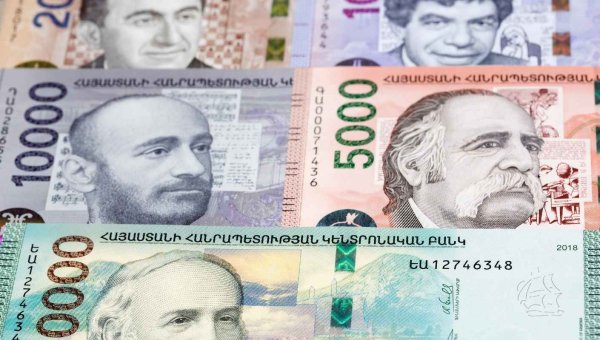Key Tax Considerations for Armenian Business Owners

If you are starting a business in Armenia, or operating an existing business in the country, it is essential that you familiarize yourself with the national corporate tax system. The system is being updated this year, and there are many granular aspects of it that could make a difference in your operations.
Armenia’s corporate tax system consists of several major components. We will provide an overview in the sections below, although you might be subject to additional taxes depending on the nature of your business. If you have additional questions, you should consult with a tax specialist.
Corporate Taxation in Armenia
Corporation taxation policies are based upon the existence of permanent establishments (PEs). Policies apply to both businesses that have residence in Armenia, as well as non-resident entities that do business in the country.
Within the category of permanent establishments, there is a further distinction between tax residents and non-residents. Tax residents’ total worldwide income is taxable by the Armenian government, whereas non-residents are only taxed for the income they make in the country. The corporate income tax rate is 20%.
Social Security Contributions
For individuals working within businesses in Armenia, Social Security contributions are mandatory. However, they only apply to people who were born after 1 January 1974.
Monthly contribution amounts are the following:
-For income less than 500,000 AMD, 5% of gross monthly income is withheld for Social Security
-For income between 500,000-1.125.000 AMD, 10% of the gross amount minus 25,000 AMD is withheld
-For income between 500,000-1.125.000 AMD, 10% of the gross amount minus 25,000 AMD is withheld
For monthly income levels above 1,125,000 AMD, the amount remains the same.
Withholding Taxes on Payments to Non-Residents
Payments for which non-residents are subject to withholding taxes include:
-Interest
-Royalties
-Property lease
-Capital gains other than those from the sale of securities
-Royalties
-Property lease
-Capital gains other than those from the sale of securities
For non-residents, withholding taxes for these categories is at a 5% rate, as opposed to 10% for residents.
Other Taxes and Fees
There are several other taxes and fees that are applicable to certain types of businesses.
Value-Added Tax, Excise Tax, and Threshold Tax
Value-added tax (VAT) in Armenia follows the input-output model that the European Union uses. People who are VAT registered can deduct VAT from inputs from VAT that they charge on sales. The amount that can be recovered is the difference between input and output VAT, and can be recovered every month.
The standard VAT rate is 20%; however, there are several categories of goods and services (including electronic services) that are not subject to VAT and special qualifications for non-residents. For SMEs, there is a turnover tax in place of VAT, and it applies to taxpayers with an income of less than 115 million dram for the previous year. Excise taxes apply to alcohol, tobacco, and petroleum products.
Customs Duties
As a member of the Eurasian Economic Union (EEU), Armenia is subject to the same customs duties as other member states. While there are qualifications based upon categories of goods, customs values are usually the export price of goods to Armenia.
As a member of the EEU, goods that are imported from other member countries are not subject to customs duties. Customs tariffs are standard for goods imported from outside the EEU.
Immovable Property Tax
Immovable property tax is calculated at the municipal level in Armenia. It applies to property, land, and changes made to property. A valuation system is used to determine the value of land, and calculations differ between agricultural and non-agricultural land. Cadastral land value is based upon standard market value.
Micro-Entrepreneurship
A micro-entrepreneurship system was recently instituted in the tax code that replaced the previous family entrepreneurship system and self-employed entity system. The new system allows for exemption from primary taxes and can involve an unlimited number of employees with an income tax of 5000 AMD. Micro-entrepreneurships are subject to the standard income tax rate of 20%.
Conclusion
The corporate tax system in Armenia is currently in a state of change, and new business owners should be careful to determine the precise laws that apply to their businesses. If you are interested in doing business in Armenia, the Ministry of the Diaspora has resources available to assist repatriate business owners when necessary.
